
From the Bioshock Collection, the new takes on Resident Evil 2 and 3, to the new Command and Conquer Remaster and the surprising Saints Row : The Third re-release one thing is clear – We are in an era of remakes and remasters. Today we will be looking into why this is happening, why now is a great time for this to be a popular trend and why we believe it is ultimately a good thing.
Welcome back commander!
What is a remake? What is a remaster?
Let’s go over the “simpler” of the two – a remaster. With a remaster, the original game is almost wholly the same. Yes, it may be ported to a newer build of the same engine, it may receive a lot of love and attention with its textures, models and lighting, but it is still the same title at its core. Very few changes to its story or gameplay happen here, if any. While quality of life improvements are welcome and most fans would accept slight rebalancing, a remaster’s aim is to deliver the same core experience.
A great example of a good remaster is actually seen in this year’s “Saints Row The Third Remastered”. This is a very competent port of the game using a 64-bit version of engine with improved textures, models, added lighting effects, more optimized API and engine Code and almost all the DLCs packed into one coherent whole.
All of these improvements aim to make it a sort of “definitive” version of the original game. We have covered the basics for a remaster, but what about remakes?
Enter Black Mesa, one of the premier remakes of 2020:
This is a fan-made (!!!) remake of the legendary Half-Life 1. Built on the 2013 version of the Source engine, it is a massive jump in fidelity next to the original in every single visual way. Moreover, it is not even the same game per say. While many iconic scenes and levels are quite near to their original incarnation from the 1998 classic, many others have been modernized and changed, obviously by people who loved the original. The game pays homage to everything Half-Life, but it isn’t afraid to take numerous alterations to gameplay, level design, and even storytelling.
What we are left with is something that is obviously Half Life 1 at its heart, but also a new entity, a brand-new beast. It combines ideas from 1998 and the modern day to form an identity of its own. Obviously, a remake requires far, far more work than a remaster.
So why is it that now in particular is a good time for remaster and remakes?
There are many factors at play here. Chief among them – the new consoles. In the past, major console manufacturers changed their system’s architecture every few years. This meant that while not impossible, backwards compatibility was very hard and many PS3 (for example) and older titles cannot be played on modern hardware. Because of this, some of the great games from those eras or earlier are getting remastered or remade for the new generation of gamers. And this time, both PC and consoles may easily get to keep them in backwards compatibility!
We are also at a major technological impasse right now. Modern HDR displays’ and GPUS’ capable of using said displays can and will make games supporting this technology shine. Old games look great on high-quality, modern displays by default, but adding a good HDR implementation on top? That is one major graphical leap right there!
Modifying a game’s textures and models to work with physically-based rendering can produce massive results, if done competently. In fact, many games pre-2014 have decent geometric and texture detailing, but the properties of those older engines can neuter what the expert artists have achieved in certain scenes.
Modern APIs are mature now. The reality is that the most modern versions of DX11, DX12, Vulkan, OpenGL, and even Apple’s Metal are all excellent. Even the “Old-gen”, high-level APIs can produce decent performance and good stability. Pair that with a bump from a 32-bit (or 16-bit) engine version to a full on 64-bit one, add some light multi-threading, and a remake of a game can not only look a bit better, it will also run better and be much more stable and consistent. Some older video games also have silly FPS limitations, ones that can be removed only with a proper engine retooling.
Using artificial intelligence-based upscaling techniques has become far simpler and more affordable recently. We see even modders being able to upscale entire games in their free time, and while not as great as having experienced artists doing it manually, retracing the original vision and iterating upon it, it is still a very good upgrade even small studios can use nowadays.
Let’s not forget that we have made massive strides in accessibility options within the past few years. Gaming has grown dramatically too and now many people from all walks of life are trying to get into our amazing hobby. Unfortunately, many classic titles lack some or even all accessibility options, and while modders have definitely helped in a few cases on the PC, they were unable to fix all such occurrences. These things are not very expensive to reintroduce into an old game and as such we believe every single remake or remaster should try to offer as many accessibility options and settings as possible.
Not only 3D games can benefit from some retooling!
Last but not least, a remake or a remaster can also add numerous quality of life changes. For example, user interface improvements. It can also fix remaining bugs and glitches left over from the original release. Add in smaller things like quicksaves and manual saves, achievements, level-select options, new game plus modes etc. All of this can pile up to create a definitive way to experience a classic.
Remastering 2D/2.5D or pixel-art games is hard, but the end result is beautiful.
Of course, how much a game can benefit from all of these amazing improvements depends on its age and original limitations really. A few modern games can easily receive most of these updates through patches. As a quick example - the Starcraft 2 experience of 2020 is technologically far superior to the one of 2010. But older or previous-generation (console term but you get the idea) titles will see far bigger uplifts.
Are there negatives to all of this?
One thing that can be a bit disheartening is when the new version of a game makes the developers or publishers stop selling the older, technically obsolete version. 4A Games/Deep Silver pulled this stunt with the original Metro 2033 when Metro Redux released and it was, in my opinion, an extremely poor move. I’d argue the Redux version is indeed the definitive way to play, but removing choice is a poor move.
Some gamers rightfully dislike the current trend of remakes and remasters since they believe that this slows down the creation of new IPs or new titles within popular series. This does have some validity to it, but many remasters are handled by other studios or teams that actually specialize in such endeavors. They do not take away much time from the main developers in most cases and still add a lot of value to a franchise.
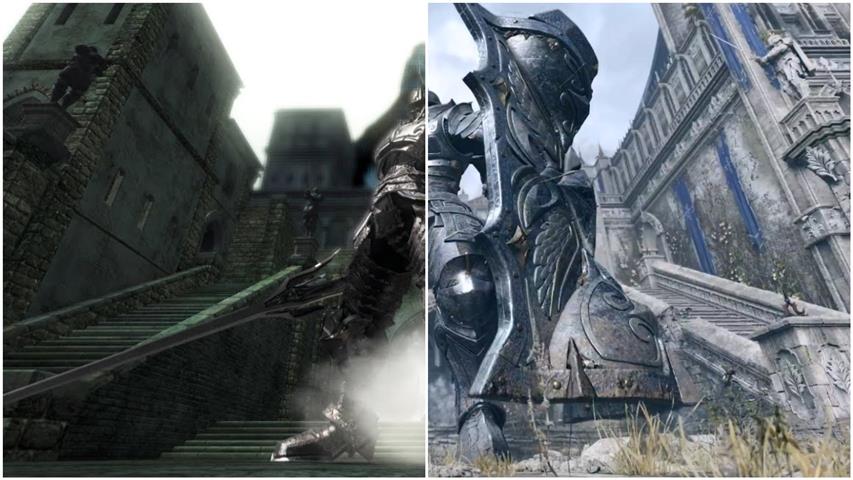
One very genuine problem that concerns remasters especially is that they tend to be uneven creations. Models get updated, but usually not all get equal treatment. Lighting can be revamped, but it is often not perfect throughout the whole game, usually faltering in cutscenes (most common).
This can often lead to a situation where parts of the game look amazing, better than ever before, but others look no better than the original title. Higher-quality assets or perhaps ones in a slightly different art direction contrast with other, lower-quality ones.
It's very, very, very rare to find a remake/remaster that is a straight upgrade. I can think of only a very select few where the new version is completely superior without any one exception. But those do happen and are the gold standard for what has to be achieved.
XIII Remake coming in 2020!
A final problem I can think of is that sometimes, a new version of a classic game may be dragged down due to current, anti-consumer market trends. Neutering of modding, adding invasive DRM, removing custom servers or adding a ton of new predatory microtransactions or lootboxes are all problems that can arise in the current landscape.
Conclusion?
Overall, I am enjoying the current trend of remastering or remaking older, classic titles. Many of gaming’s best games ever have aged, but not due to their gameplay or storytelling, but rather simple technological limitation of their day. Modders’ can do a lot, but there is a limit even to their power.
Many gamers look back at some mysterious time when gaming was perfect, pro-consumer, immaculate. I do not think that is true at all, every era of every art form or medium has its issues and triumphs and the same goes for gaming in 2020. We get excellent new IPs, mods, titles, sequels all the time!
However, I do believe we need a reminder, a lesson from the olden days. For a medium to advance it must look back as much as it looks forward, and remasters and remakes (as well as effort from GOG and Steam) are one of the best ways to accomplish that. Those classic and cult hits became what they are for a reason and its best if we never forget why that happened. Perhaps going a step back can help rekindle the original magic a franchise had? Plus, the new generation of gamers deserve an awesome experience too!
The articles content, opinions, beliefs and viewpoints expressed in SAPPHIRE NATION are the authors’ own and do not necessarily represent official policy or position of SAPPHIRE Technology.






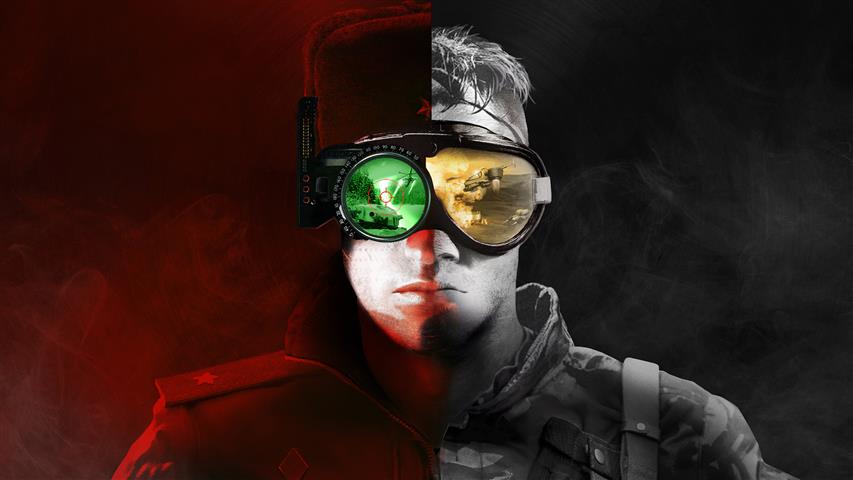

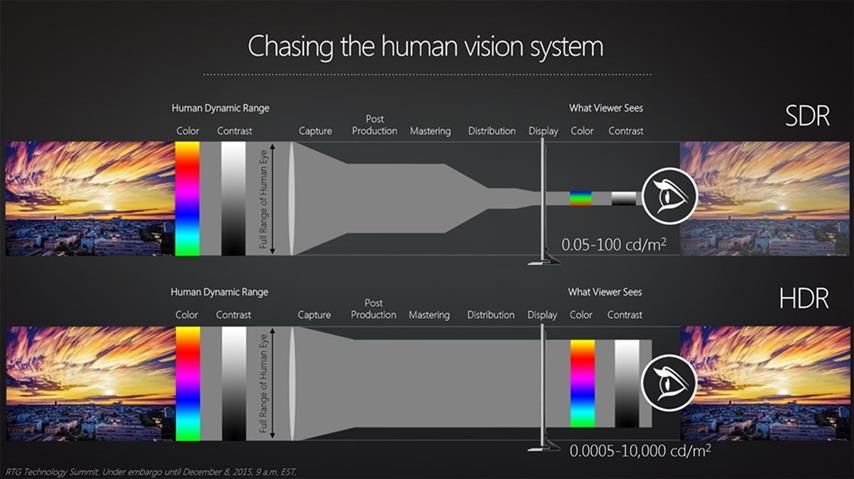
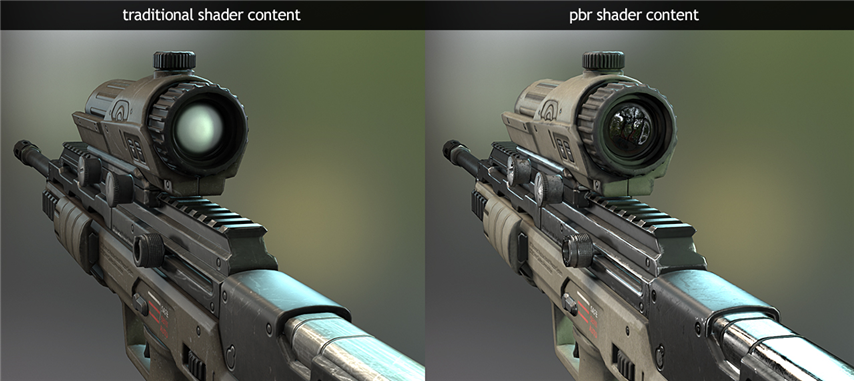
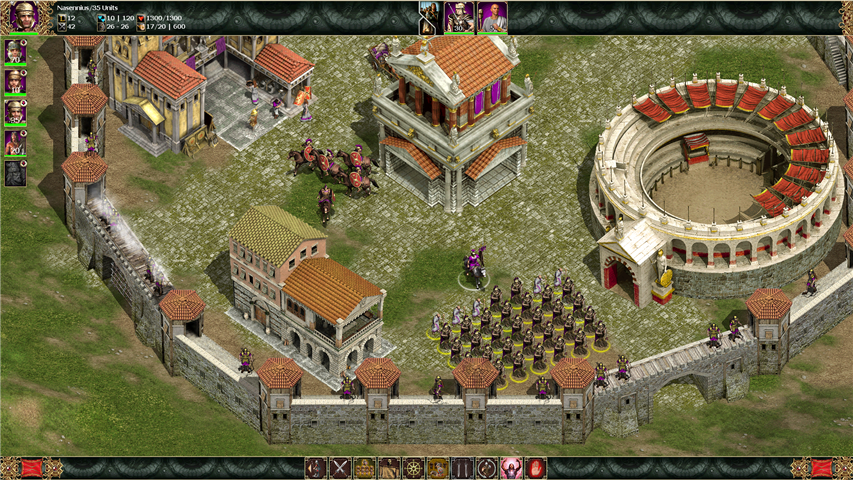
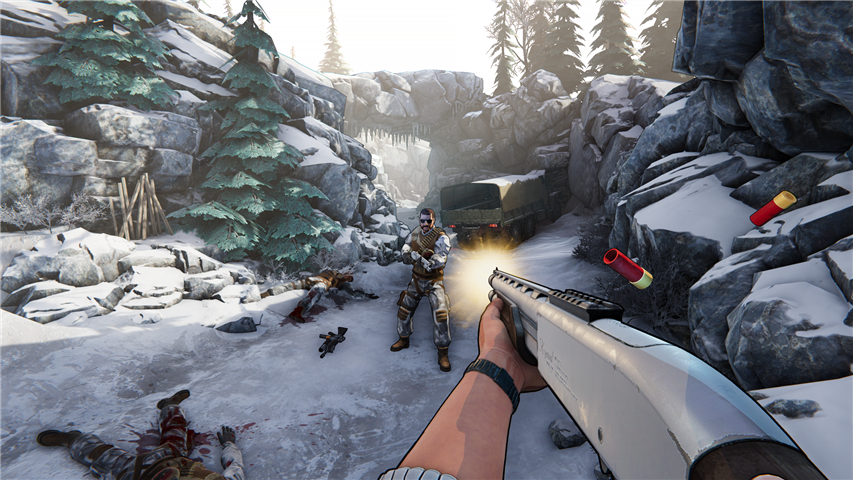
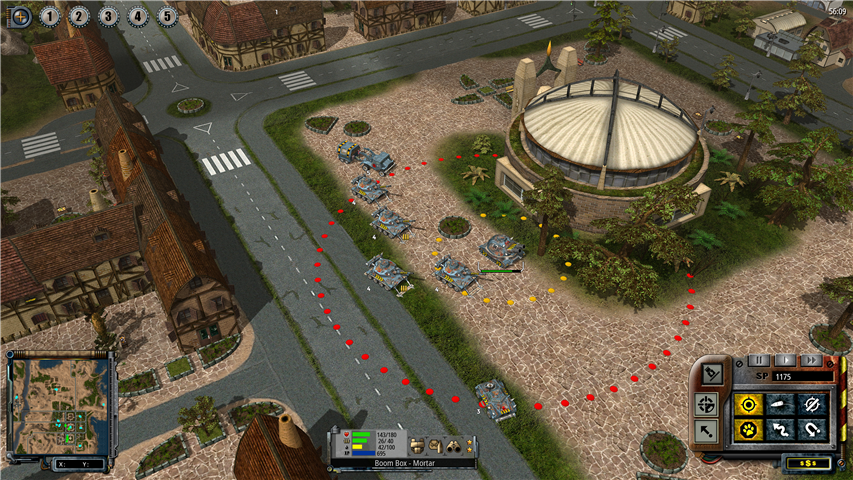




.ashx?h=150&w=150&la=en&hash=07BDB2435D3CF6EEA377A88FC77D1BCA52D2B57E)






